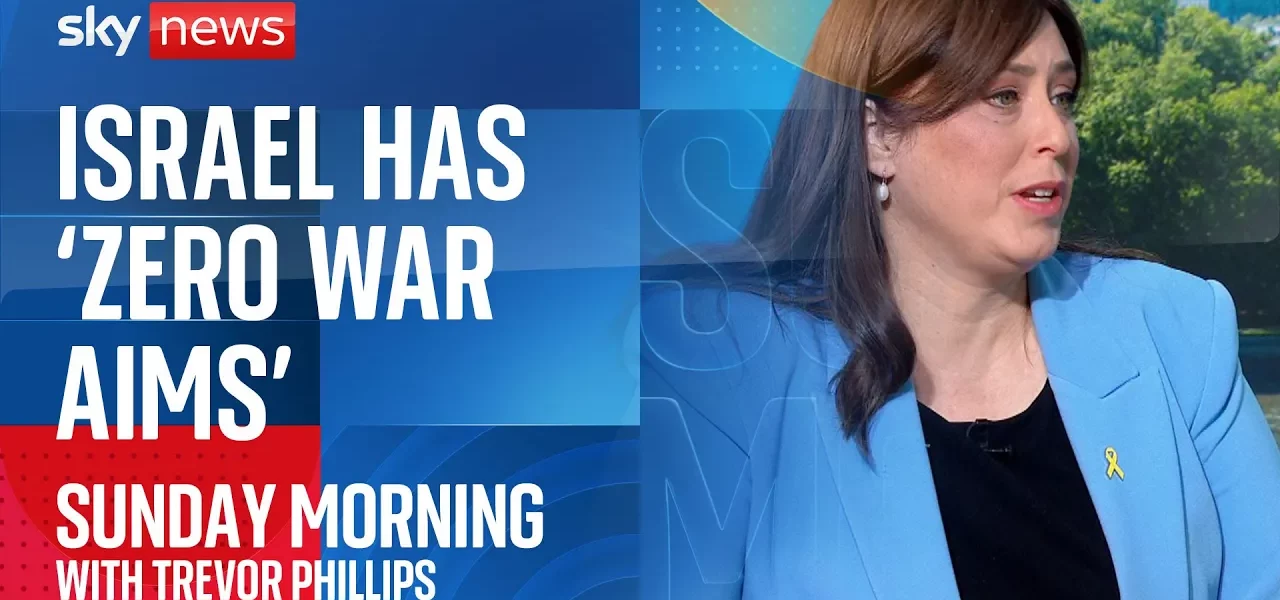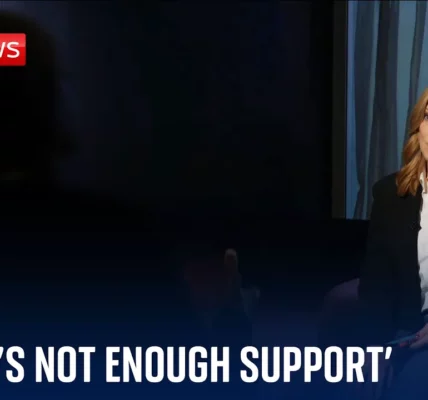Understanding the Hostage Crisis in Gaza and Israel’s Response

This article provides a comprehensive overview of the ongoing situation regarding the hostages held in Gaza, the Israeli government’s stance, and the broader implications for regional security. We delve into the complexities of international relations, military strategies, and the human impact of conflict.
Introduction
The hostage crisis in Gaza has emerged as a significant humanitarian and geopolitical issue, particularly following the Hamas attacks that shocked the world. As of now, 101 hostages remain in Gaza, including a British citizen, Emily Dearie. The situation has raised urgent questions about the safety of these individuals, the strategies employed by the Israeli government, and the international community’s role in resolving this crisis. This article aims to dissect these multifaceted issues, providing insights into the responses from various stakeholders and the implications for peace in the region.
The Current Hostage Situation
As it stands, the plight of hostages in Gaza remains dire. Reports indicate that among the 101 hostages, there are two young children and individuals from diverse backgrounds. The Israeli government has confirmed that approximately half of these hostages are alive, based on intelligence and testimonies from released individuals. This section explores the details surrounding the hostages and the ongoing efforts to secure their release.
Identifying the Hostages
- Emily Dearie, 28 years old, a British citizen.
- Two young children among the hostages.
- Various nationalities represented among the hostages.
The Role of Intelligence
The Israeli government relies on a combination of intelligence reports and testimonies from released hostages to ascertain the condition and whereabouts of those still held captive. This intelligence-gathering effort is crucial for formulating a strategy to negotiate their release.
International Response and Negotiations
International diplomacy plays a critical role in hostage negotiations. The United States has proposed various deals to secure the release of hostages, an effort that the Israeli government has indicated willingness to consider. However, the complexities of negotiating with Hamas, a recognized terrorist organization, add layers of difficulty to these discussions.
Pressure on Hamas
The international community is urged to exert pressure on Hamas to facilitate the release of hostages. The Israeli government has expressed a clear priority: to bring their people home safely. This section elaborates on the dynamics between international relations and the hostage crisis.
Military Operations and Their Implications
Israel has conducted several military operations aimed at weakening Hamas’ capabilities and securing the release of hostages. While these operations are justified by Israel as necessary for national security, they also raise concerns regarding civilian casualties and potential backlash.
Operational Strategies
- Targeting Hamas infrastructure.
- Evacuating civilians from conflict zones.
- Utilizing intelligence to minimize collateral damage.
Humanitarian Concerns
As military actions escalate, the humanitarian impact on civilians in Gaza has become a focal point of criticism. The Israeli government maintains that it seeks to minimize civilian casualties; however, the reality on the ground is often more complex.
Collateral Damage
Reports indicate that military strikes have resulted in civilian casualties, including children and healthcare workers. This raises ethical questions about the conduct of military operations in densely populated areas.
Human Shields and Warfare Ethics
The use of human shields by Hamas complicates the situation further. Israel argues that Hamas places civilians in harm’s way to deter military action, a tactic that poses severe ethical dilemmas for military engagement.
Long-Term Implications for Israeli Security
The ongoing conflict and military operations are not just short-term responses but have long-lasting implications for Israeli security. The government’s strategy must balance immediate military objectives with the need to maintain long-term stability in the region.
Iran’s Role in the Conflict
Iran’s influence in the region, particularly through its support of proxy groups like Hamas and Hezbollah, presents a continuous threat to Israel. The Israeli government has made it clear that it will not tolerate Iranian aggression, which adds another layer of complexity to the ongoing situation.
Community Safety and Domestic Concerns
Within Israel, the safety of Jewish communities, particularly those in the diaspora, is a pressing concern. The rise in anti-Semitic sentiments and threats against Jewish individuals raises alarms about the safety and well-being of these communities.
Conclusion
The hostage crisis in Gaza is a multifaceted issue that intertwines humanitarian concerns, military strategy, and international diplomacy. While the Israeli government prioritizes the safety of its citizens, the complexities of engaging with a terrorist organization pose significant challenges. It is essential for the international community to advocate for the safe return of hostages while addressing the broader implications of this conflict. As discussions continue, it is crucial for individuals to stay informed and engage with the issues at hand. For more insights on related topics, consider reading our articles on Middle Eastern geopolitics and humanitarian crises in conflict zones.
“`




